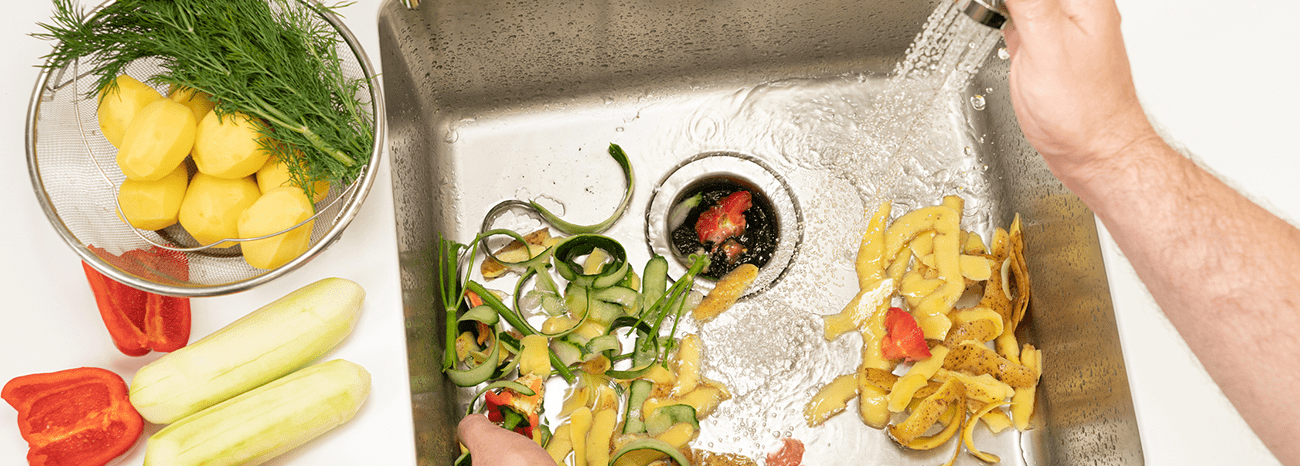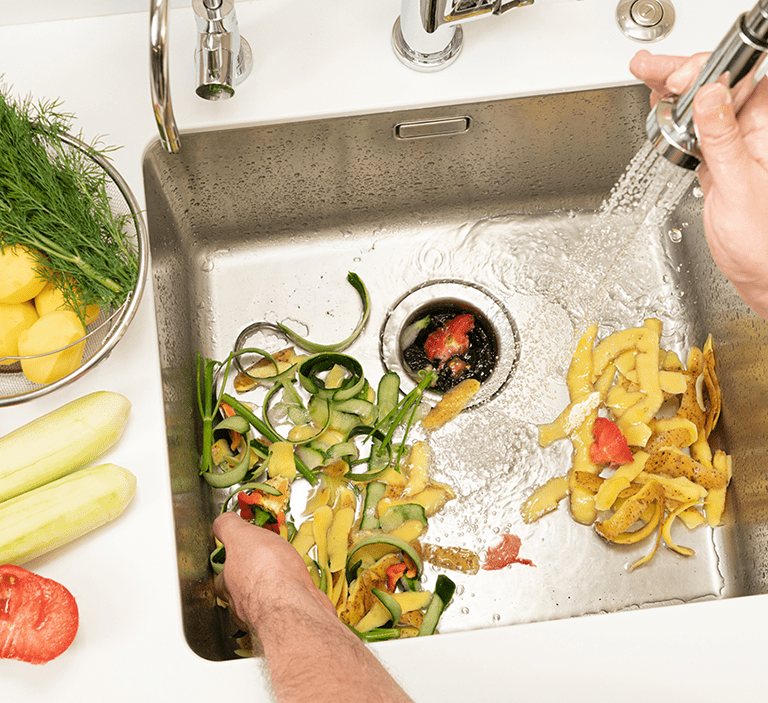As a renter, landlord or property owner, it’s fair to say you’ve faced a few plumbing challenges. You may not realize it but some of the plumbing advice you’re trying to solve your plumbing issue is based on myths. Some of the advice is harmless but these common plumbing myths can add to your panic and possibly lead to expensive repairs.
Let’s take a look at what’s real and what’s urban legend. Let’s debunk the top 15 plumbing myths.
Myth #1: Toilets Flush in the Opposite Direction in Australia
Toilets in the Southern Hemisphere – like in Australia, New Zealand, and other countries below the equator – flush in the opposite direction.
Fact: The direction the toilet water flushes is caused by the toilet’s design, including the angle that the water jets and the shape of the toilet bowl. This myth is likely based on the Coriolis effect, which is the deflection of air toward the right in the Northern Hemisphere and toward the left in the Southern Hemisphere.
Myth #2: Ice Cubes Sharpen Garbage Disposal Blades
Running ice cubes through your garbage disposal sharpens its blades.
Fact: Garbage disposals don’t have blades. They grind waste using a component called an impeller, a high-speed rotor. Ice can help keep your garbage disposal clean, but it serves no function as a sharpener.
Myth #3: A Brick in the Toilet Tank Saves Money
Placing a brick in your toilet tank reduces water usage and saves on your water bill.
Fact: The brick can deteriorate, leading to damage to your toilet and plumbing. It can also cause inefficient flushing since modern toilets are designed for peak water efficiency. So if you do the brick trick, not only could you be creating a plumbing problem, you’re increasing water usage and not saving any money.
Myth #4: Prevent Grease Clogs with Hot Water
Pouring hot water down the drain melts grease, preventing clogs.
Fact: Sure, the grease at the top of the pipe might melt in the short term but this method does nothing to melt the grease further down the pipe. Your best solution is to dispose of the grease in the trash.
Myth #5: Flushing All Toilets in a Skyscraper Causes Damage
Flushing every toilet in a high-rise building at the same time will cause the collapse of the entire building’s plumbing system.
Fact: No. The same brilliant architects and engineers who developed the first high-rise buildings also designed the plumbing system to handle high volume and simultaneous use.
Myth #6: A Rumbling Water Heater Means It Might Explode
If you hear a rumbling sound coming from your water heater, it means it could explode at any moment.
Fact: If your water heater is making rumbling noises, it definitely needs attention but it is not gearing up for an explosion. The most likely reason for the noise is sediment build-up, so make sure you schedule a maintenance appointment.
Myth #7: Wipes and Feminine Hygiene Products are Safe for Sewer Systems
Feminine hygiene products and “flushable” wipes are safe for your plumbing.
Fact: These products do not break down easily and are among the main reasons for clogs in toilets and pipes. Baby wipes and feminine hygiene products should always be disposed of in the trash.
Myth #8: A Leaky Faucets Isn’t a Big Deal
A small drip from a faucet is just a minor issue that can be tolerated or ignored.
Fact: Those drips add up, leading to gallons of wasted water, higher water bills and the potential for damage to your plumbing system.
Myth #9: Running Water Helps the Garbage Disposal Work Better
Running the water while using the garbage disposal helps everything go down smoothly.
Fact: It can help a little but it isn’t essential. The running water can’t prevent a clog caused by trying to use the garbage disposal to get rid of items it’s not designed to handle, like bones, egg shells or coffee grounds.
Myth #10: Citric Acid is Good for Cleaning Pipes
Cleaners that have citric acid as an ingredient are safe and effective for pipe cleaning.
Fact: The opposite is true. Over time, citric acid can corrode pipes isn’t a guaranteed method to effectively clear blockages.
Myth #11: Lemon Peels Cleanse and Freshen Garbage Disposals
Using lemon peels will help keep the garbage disposal clean and fresh.
Fact: Grinding lemon peels in the disposal will create a short-term effect of a pleasant smell but long-term use can lead to clogs and cause damage to the disposal.
Myth #12: All Plumbing Systems Require the Same Maintenance
All plumbing systems are the same, so they can all be repaired or maintained the same way.
Fact: A pipe is a pipe, right? Not so fast. No two plumbing systems are alike. Whether it’s the set-up, the material, how it’s used, and the age of the system, there are many variables to consider in maintaining and repairing a plumbing system.
Myth #13: Retail Chemical Drain Cleaners Are Always Safe for Clogs
The chemical drain cleaners from the supermarket are safe and effective to use on all types of clogs.
Fact: These retail cleaners may work for a minor blockage but be aware that the chemicals can damage pipes. For severe clogs a hands on visit from a plumber is required.
Myth #14: A Water Heater Never Needs Maintenance
Water heaters function at their best without any attention or maintenance.
Fact: You can improve the efficiency of your water heater and extend its usage with regular maintenance. Flushing out sediment can go a long way in keeping your water heater working its best and saving you money.
Myth #15: Plumbing Health Doesn’t Affect Water Quality
The age and condition of your pipes don’t have any impact on the quality of your tap water.
Fact: The safety and taste of your tap water can definitely be negatively affected if you have old or corroded pipes. Make sure your water is safe by inspecting the exterior of your pipes and consulting a plumber for periodic inspections.
Now that we’ve separated truth from fiction, the next time you’re dealing with a plumbing issue you can take appropriate action.
Get the peace of mind that comes from consulting one of our experienced plumbing professionals. We have many opportunities for preventive maintenance of your plumbing system. Visit us online to learn more.


